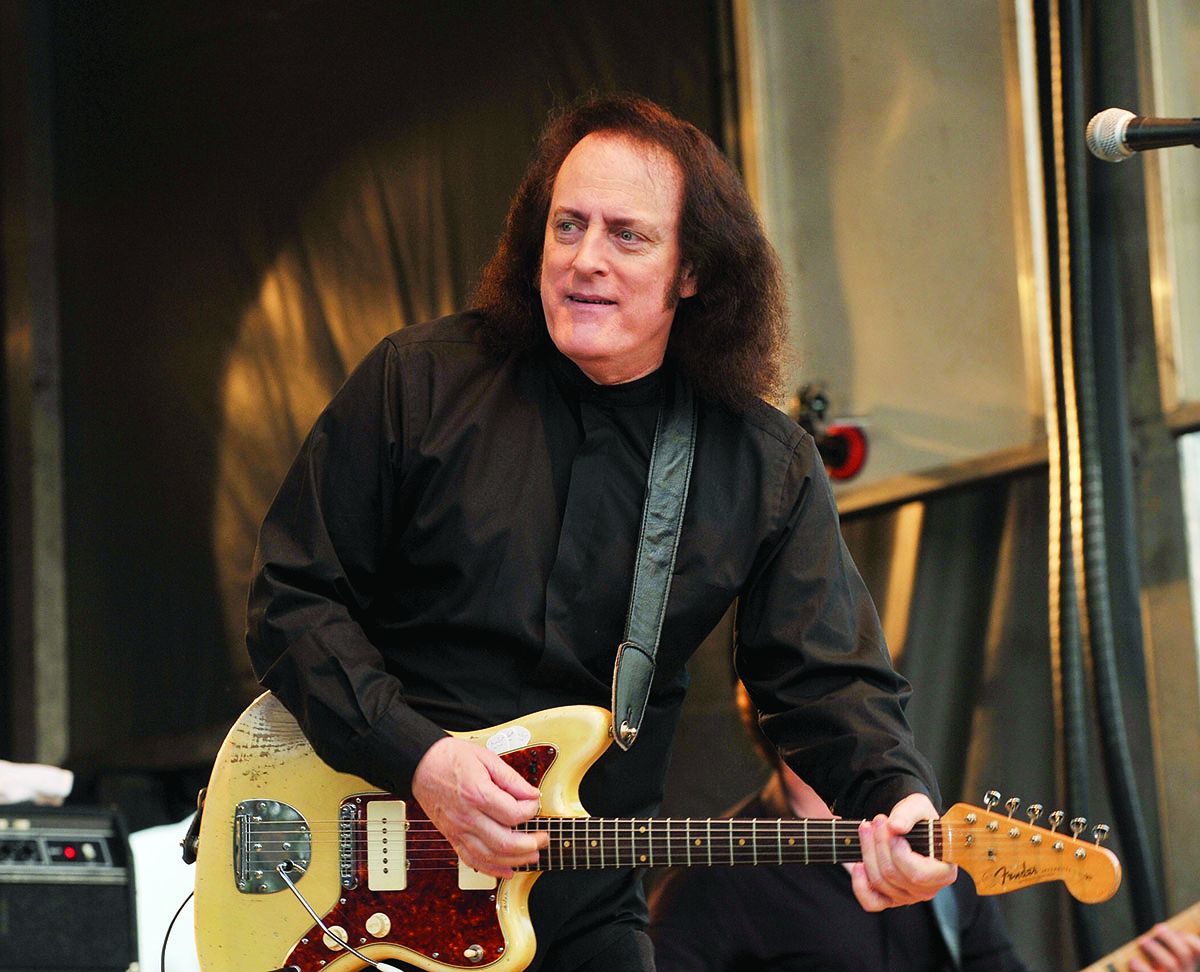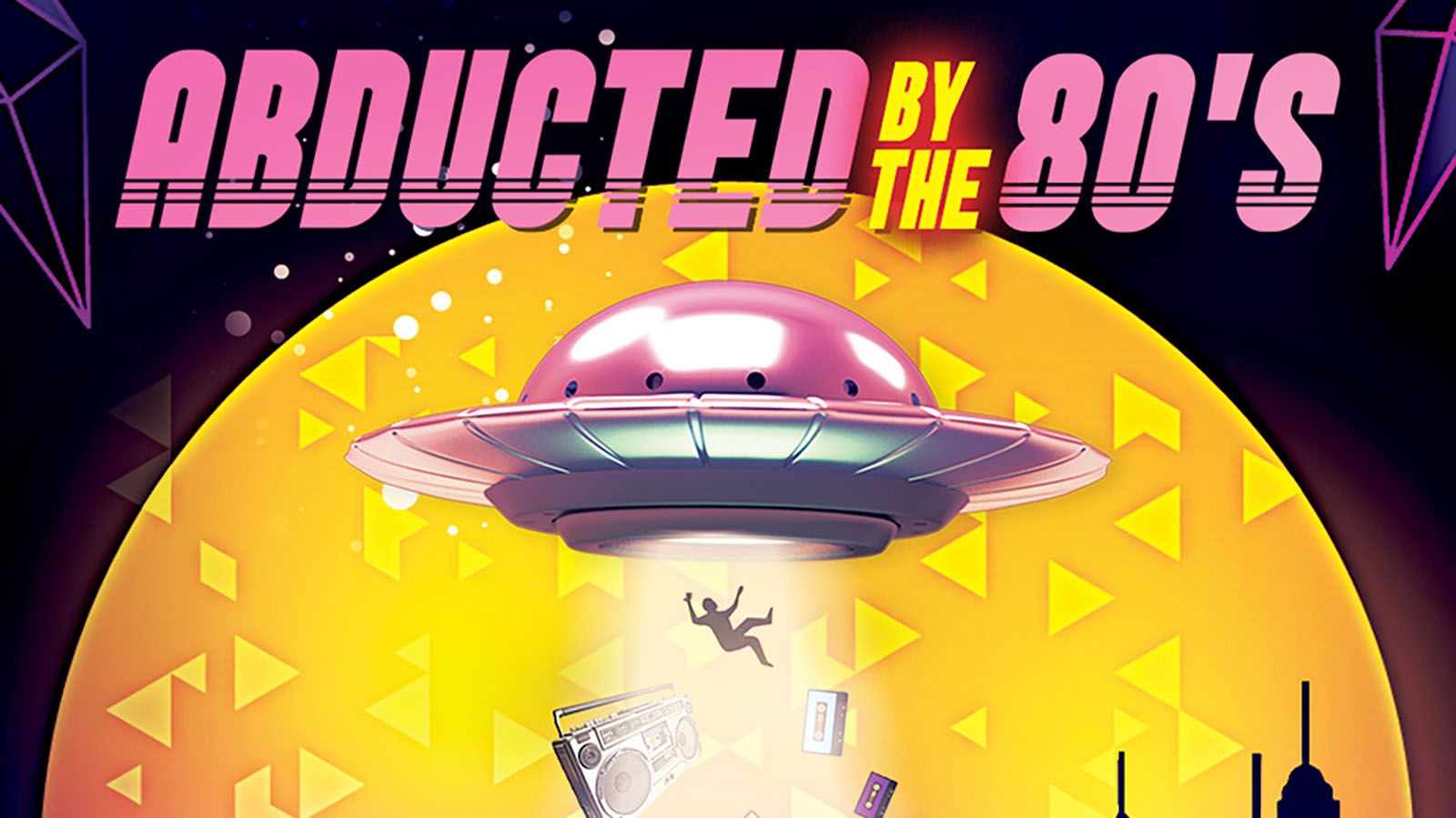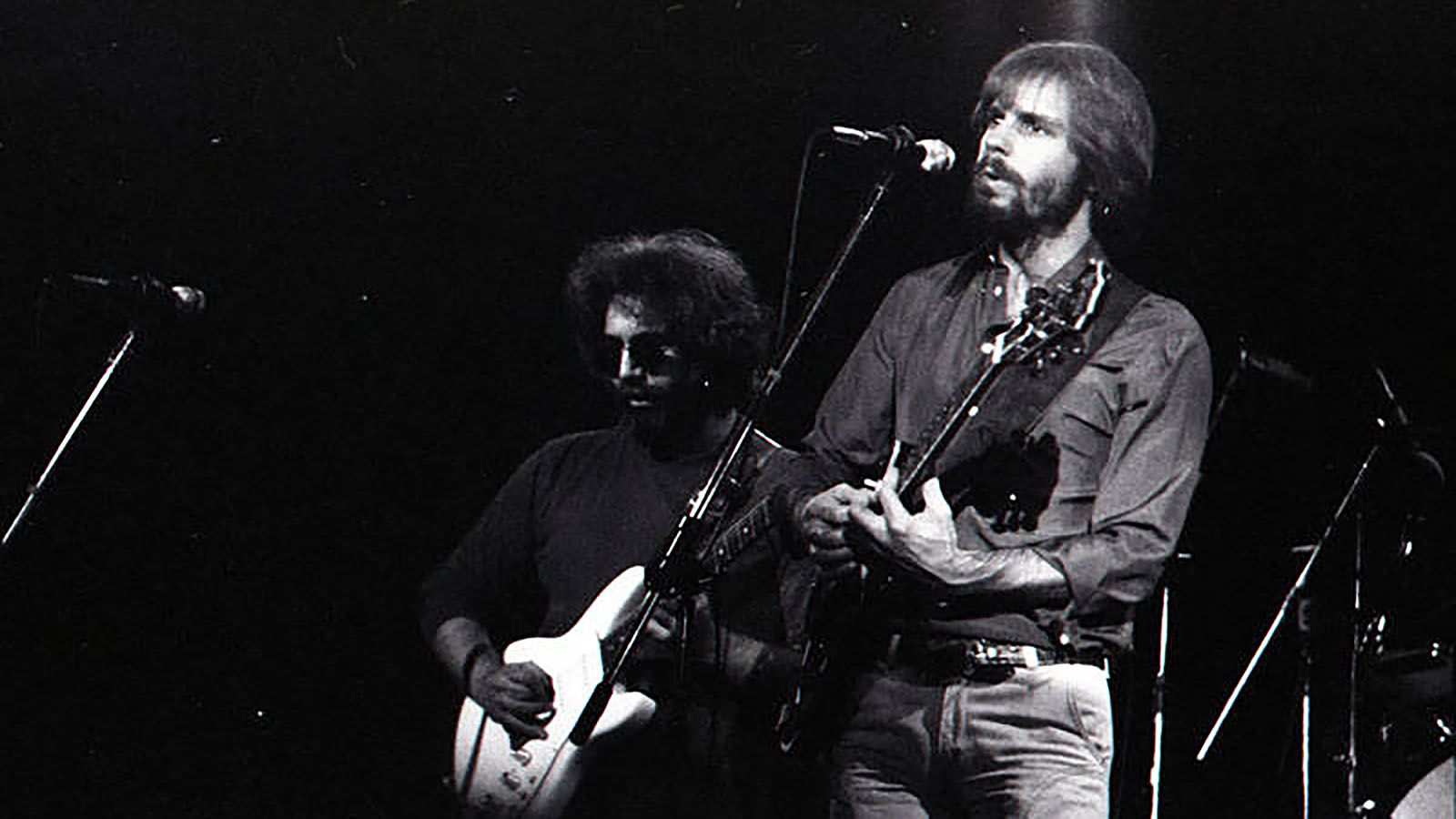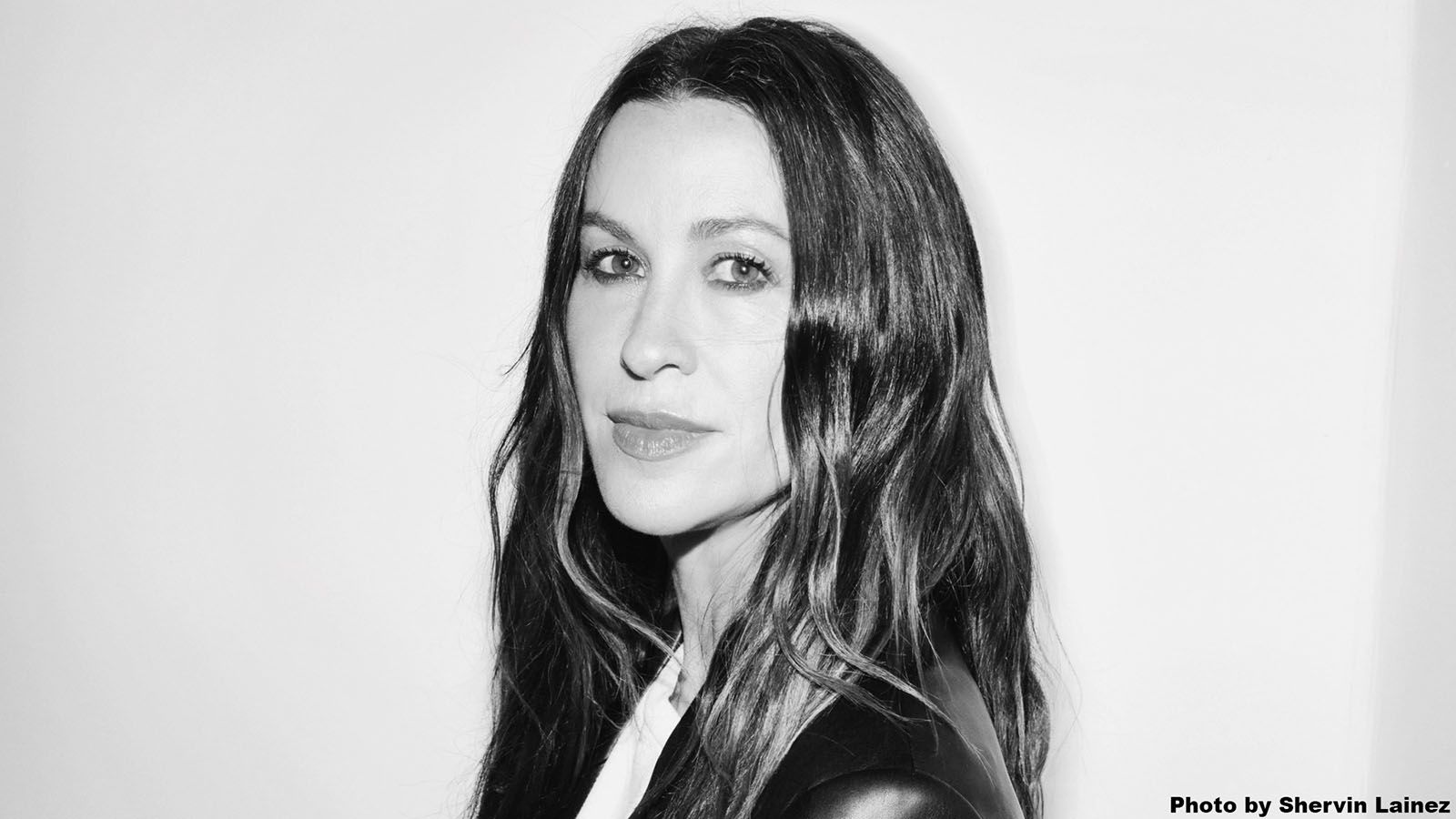You know the songs. You know the name. And you know you’ll be singing along with Tommy James & The Shondells when they roll into Honeywell Center on Saturday, March 30.
The group behind such hits as “Hanky Panky,” “Crimson and Clover,” “I Think We’re Alone Now,” “Mony Mony,” and many more continue to tour and pick up new fans.
“I look out at our concert crowd and I see three generations of people,” Tommy James said in a phone interview. “It’s just amazing to me.”
Born in Dayton and growing up in Niles, Michigan, northern Indiana is very familiar to James.
“That’s sort of our old stomping ground,” he said. “We’re always excited to come back.”
Tommy James & The Shondells
7:30 p.m. Saturday, March 30
Honeywell Center
275 W. Market St., Wabash
$39-$129 · (260) 563-1102
Catching a break
Picking up the guitar at 9 years old, James said he wanted to follow in the footsteps of Elvis Presley, Little Richard, and The Everly Brothers. At 13, he had his first band and was actually getting paid to perform.
“I figured it was better than mowing lawns,” he said.
That led him to recording a little-known song, “Hanky Panky,” at the local radio station, WNIL in 1964 when he was 16.
“The record was released on a small independent label called Snap! Records, and of course did very little,” James said. “We were a big fish in a small pond. We sold in southern Michigan and northern Indiana, but we had no distribution to speak of, so the record kind of came and went.”
The song was recorded with his high school friends, who went their separate ways. James continued to perform modestly, but the song he recorded years earlier was getting new life.
“I was playing this dumpy little club in Janesville, Wisconsin, in early ’66, and all of a sudden, the club owner goes belly up and gets shut down by the IRS for not paying his taxes,” James said. “So, we go home feeling like real losers. But that’s how the good lord works, because as soon as I got home, I got a call from Pittsburgh that ‘Hanky Panky,’ this record that I had recorded almost three years earlier, was sitting at No. 1 in the city of Pittsburgh.”
A bootleg copy had made its way into the Pittsburgh underground, selling 80,000 units. Sitting at No. 1, a Pittsburgh DJ was hunting for James, and luckily was able to get him on the phone after his tour had been cut short.
“If that club owner had not gone broke, you and I wouldn’t be speaking right now,” James said.
James went to Pittsburgh for TV and radio appearances, but did not have a band. He was able to check off that box after seeing Raconteurs performing at a club. Soon, they became his new Shondells, and the stage was set.
‘Offer I couldn’t refuse’
With a No. 1 song on their side, the group headed to New York in the hopes of landing a record deal.
As it turned out, James did not really get the opportunity to choose a label — a label chose him.
“We got a yes from all of the record companies,” he said. “It was really magic. When the record exploded out of Pittsburgh, that was a major market, so they all took notice. We got a yes from Columbia. We got a yes from Epic, from RCA, from Atlantic, and Kama Sutra. The last place we took the record to was Roulette.
“I went to sleep that night thinking we were going to be with one of the big corporate labels, Atlantic or CBS or somebody. The next morning, about 10 o’clock, I started getting calls from the other record companies that had said yes the day before. Now they’re saying, ‘Listen, we gotta pass.’ Finally, Jerry Wexler up at Atlantic told us the truth, that Morris Levy, the head of Roulette Records, had called all the other record companies and scared them and backed them down, saying, ‘This is my freaking artist.’
“We were apparently going to be on Roulette. That was the first offer I couldn’t refuse, right?”
The Godfather reference was purposeful by James, as it turned out Roulette Records had strong mob connections which he outlines in his 2010 memoir Me, The Mob, and The Music. The story is actually being made into a movie, with Barbara De Fina (Goodfellas, Casino, Cape Fear) producing.
“We had no idea when we signed with Roulette what they were involved in,” he said. “Of course, it was a very tenuous relationship. It was scary at times because unbeknownst to us when we signed, but we learned incrementally as we went along, was that they were a front for the Genovese crime family in New York. That made life interesting. It was an interesting combination of rock n’ roll and the mob. That makes for a pretty decent film.”
Levy was a powerful player in the music industry and was convicted of extortion in 1990 amid an FBI investigation into the organized crime in the industry. It’s said the character of Hesh from The Sopranos was inspired by Levy, who went by Moishe.
Prolific production
While there were obvious issues with being signed to a mob-related record label — like getting paid — there were creative advantages.
“They actually needed us at Roulette and allowed me to put my own production team together,” James said. “They allowed me to bring in people (the other companies) never would have, like writers and producers. Getting paid was a different story. But I couldn’t have asked for a better situation from a creative level.
“Roulette took ‘Hanky Panky’ to No. 1. We ended up with 23 gold singles and nine platinum albums and we did about 110 million records. I can tell you, if we had been with one of the bigger labels, RCA or CBS, (‘Hanky Panky’) is probably the last record anyone would have heard from us, because the competition would have been unbelievable and we probably would have been turned over to an in-house A&R guy, a producer, and that’s probably that last anyone would have heard from us.”
Instead, Tommy James & The Shondells released eight albums from 1966-70 on Roulette, their most successful being 1968’s Crimson and Clover.
The album saw the band changing their sound as the industry was changing with The Beatles and The Beach Boys shifting the landscape toward concept albums.
“We had had a lot of success with pop rock, which culminated with ‘Mony Mony’ (in 1968) — the ultimate pop rock for us,” James said. “But then a couple interesting things happened.
“First of all, I was asked to go out on the road with the vice president, Hubert Humphrey, who was running for president in ’68. While we were out on the road, suddenly there was a mass extinction of singles acts, and albums took over. In the 90 days that we were out with Hubert Humphrey, it went from The Rascals, The Association, Mitch Ryder, a whole bunch of singles acts. When I got back, it was Led Zeppelin; Crosby, Stills & Nash; Blood, Sweat and Tears. We were very lucky we were working Crimson and Clover at that moment, because Crimson and Clover allowed us to make that jump from AM Top-40 singles to progressive album rock on FM radio.”
In just four years, the band released seven studio albums and had 32 songs on the Billboard charts, eight hitting the Top 10, including “I Think We’re Alone Now,” “Mirage,” and “Sweet Cherry Wine.”
James has released eight solo studio albums and had the single “Draggin’ the Line” reach No. 4 off his 1971 album Christian of the World.
The group called it quits in 1970, but the music lives on through covers, most notable Tiffany’s “I Think We’re Alone Now” and Billy Idol’s “Mony Mony,” both in 1987.
James has his own show on SiriusXM, Getting Together With Tommy James, on the ’60s channel where he can continue to play the hits from a special time in his life.
“The late ’60s were really an amazing moment in music and so many other things in the culture,” he said.





